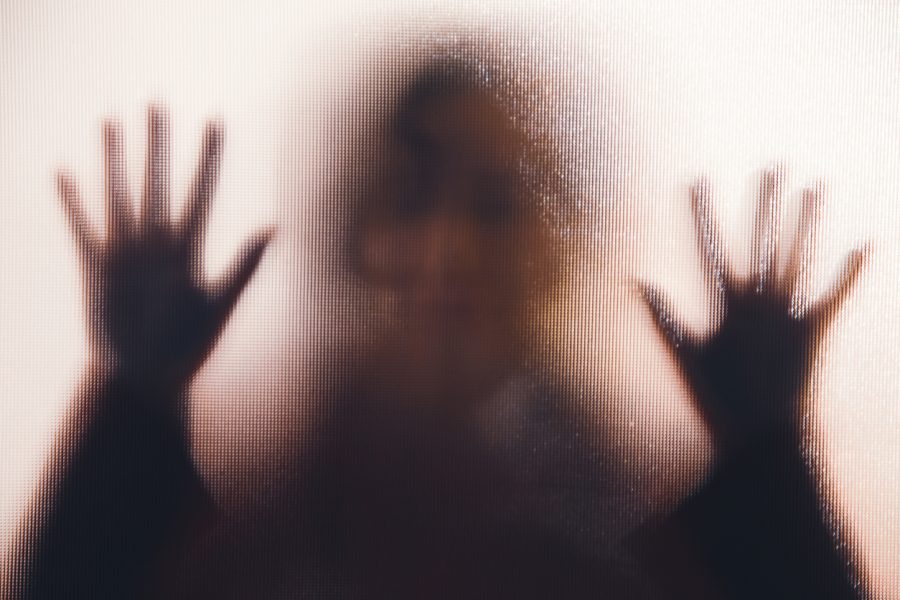
Dileep case: Memory card accessed at night deepens mystery
It has now come to light that the memory card containing the visuals of the Kerala actress’s sexual assault was accessed three times — including at night — since it was first seized in 2017 following the arrest of the key accused, Sunil Kumar aka Pulsar Suni.

It has now come to light that the memory card containing the visuals of the Kerala actress’s sexual assault was accessed three times — including at night — since it was first seized in 2017 following the arrest of the key accused, Sunil Kumar aka Pulsar Suni.
This has resulted in a change in the hash value of the memory card which had intrigued the prosecution and those closely following the case.
According to the forensic report, a copy of which The Federal accessed, the memory card was used in a Vivo mobile phone having Android operating system and Jio network on July 19, 2021, from 12:19 to 12:54 IST. Telegram, WhatsApp and Instagram applications were on this device.
Before this, the memory card was accessed twice in 2018, both at night. The forensic report states that the ‘new folder/file named system volume information and indexer volume Guid were created on January 9, 2018 at 9:58 PM which indicates that the memory card was connected to a computer system having Windows operating system.
The memory card was found to have been accessed again on December 13, 2018, at night 10:58 PM, in a mobile phone having Android operating system.
Also read: Kerala actor’s sexual assault: Why survivor thinks the case is getting torpedoed
The prosecution also had to go through a big battle to get the memory card examined by the forensic experts.
In 2020, the State Forensic Science Lab sent a report to the trial court saying that the hash value of the memory card was found to have changed since it was first seized from Sunil Kumar, the key accused.
The prosecution moved a request on April 4. 2022 to the trial court for conducting a forensic examination of the memory card.
The trial court turned down this request and issued an order dismissing the same on May 9, 2022. The trial court observed that the prosecution’s petition for investigating the change of hash value is “quite unintelligible and can only be treated as ill conceived and ill motivated to make a hue and cry with regard to the transparency of the court”.
But this order dismissing the request was not sent to the prosecution, which filed an appeal in the High Court. According to this appeal, the order dismissing their request for a forensic examination of the memory card was not handed over to them, but was sent to the local police station where the FIR was registered which came to their notice only after several days.
Also read: Dileep is innocent in actress assault case, says former Kerala DGP Sreelekha
(The case is being investigated by the Crime Branch and not the local police. Hence the police station where the initial FIR was lodged has no role in the current investigation).
Now that the forensic investigation of the memory card has come out, it needs to be known who accessed the card on the three occasions. While it is reported that the daytime access could have been done by the accused’s lawyer, a question hangs over the other two occasions which happened at night, well after office hours.
Were these done as per rules? There is also an alarming issue being raised that the phones which accessed the memory card had social media apps. This gives rise to a doubt over whether the video could have been circulated using these apps.
The extended time approved by the High Court to conclude the investigation comes to a close tomorrow (15th July). In the wake of the new findings, the prosecution has submitted a petition to get another extension for three more weeks to conclude the investigation.

